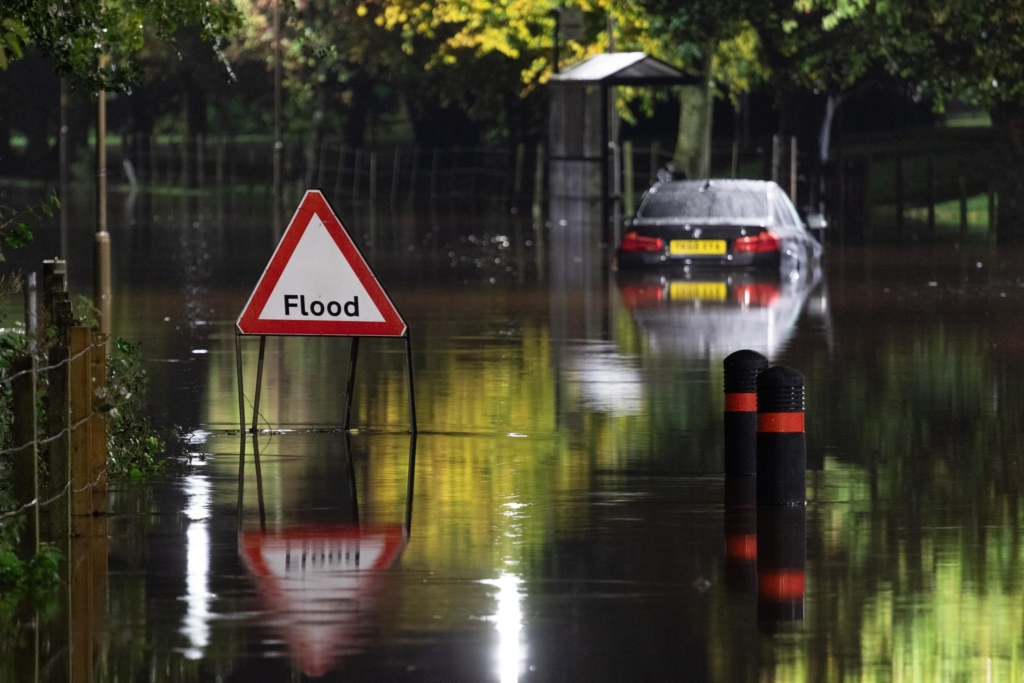Blog
Empowering Local Resilience: How Councils Are Uniting for Climate Adaptation

On 2 April 2025, Verture attended a UK-wide webinar for local authorities hosted by the Climate Change Committee (CCC) and facilitated by CAG Consultants. The session wasn’t just a discussion; it was a catalyst for accelerating local action ahead of the Fourth Climate Change Risk Assessment (CCRA4), due Spring 2026.
Turning Awareness into Action
Despite rising awareness, the webinar revealed a persistent gap between plans and real-world implementation. Flooding, extreme heat, and infrastructure stress were identified as top risks, with many authorities having begun risk assessments – but with inconsistent scope, methods, and support.
What this means:
- Councils are laying groundwork, but adapting ambitions into tangible projects remains a major hurdle.
- The shared recognition of these barriers helped build a unified momentum toward practical change – no longer just talking about adaptation, but actually solving for it.
Sharpening Tools for Local Impact
Central to the discussions was how the CCC’s new risk framework – focusing on the built environment, economy, health & wellbeing, infrastructure, and land & nature – can be tailored to local realities.
The breakthrough:
- Introducing location-specific assessments helps councils pinpoint the precise vulnerabilities and opportunities in their areas.
- This shift promises a more targeted and effective adaptation approach, moving away from generic guidance toward place-based solutions.
Tackling Real Barriers Together
Participants didn’t just list challenges; they explored actionable solutions:
| Barriers | Proposed Response |
| No legal mandate for adaptation (England/Wales) | Lobby for statutory duties to ensure accountability |
| Limited funding and resources | Advocate for dedicated adaptation funding streams |
| Skill/capacity gaps | Invest in training and retain specialist talent |
| Weak prevention business cases | Broaden risk understanding to strengthen funding pitches |
| Fragmented incident tracking | Develop integrated reporting systems across councils |
These discussions laid the groundwork for unified, multi-authority advocacy – signalling a shift from isolated efforts to collective influence on national policy.

Paving the Way: Archetype Pathways
A strategic highlight was the introduction of “archetype pathways” by the CCC. These are tailored adaptation models designed for different community types, such as coastal towns, rural villages, and urban centres, offering:
- Practical roadmaps for individual councils
- Stronger alignment between investment plans and local realities
- A foundation for scaling best practice across regions
These archetype pathways represent a shift from reactive to proactive resilience-building.
What’s Next for Councils and Communities
The webinar wasn’t just a talk – it’s a springboard for change. The CCC will use these insights to:
- Deliver local-level advice that speaks directly to council needs
- Shape archetype pathways reflecting different regional contexts
- Encourage statutory mandates and earmarked funding to embed adaptation as a core function of local government
Verture is committed to staying at the forefront of this journey – advocating for legislative change, supporting councils with expertise, and sharing emerging successes from UKCCRA4 as it unfolds.
Why It Matters
This webinar marks a pivotal shift – from awareness to implementation – building the foundations for stronger, more climate-resilient communities. By turning shared challenges into collective action, the CCRA4 process is shaping a future where councils are not just planning for climate change – but actively preparing and protecting the communities they serve.
Useful resources
- An explainer on the CCC’s current adaptation monitoring approach: CCC Adaptation Monitoring Framework – Climate Change Committee
- The web page from the CCRA4 launch last year: Proposed methodology for the Fourth Climate Change Risk Assessment – Independent Assessment (CCRA4-IA) – Climate Change Committee
- The Met Office call for evidence, which includes the lists of risks: Climate Change Risk Assessment Independent Assessment (CCRA4-IA) Technical Report – Met Office
